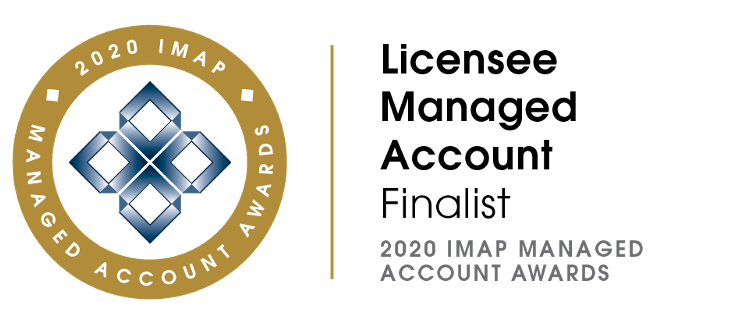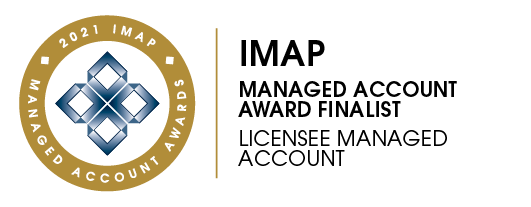What is the CARE Investment Strategy?
Fundamental to the CARE Investment Philosophy is what is known as the DALBAR Study. The original DALBAR Study was conducted between 1980 to 2000 in the USA on the top 500 US listed companies. The study found that the average return over that 20 year time period for the 500 companies was a 12% return.
Do you know what the return was for investors over the same period? It was around 4% over the same 20 year period! That’s a poor average investor return. The number one reason for the 8% difference was bad investor behaviour.
Understanding Investor Behaviour
The CARE Investment Philosophy believes that 50% of your returns are made up by your investment behaviour. 45% of your return is to do with asset allocation and the remaining 5% is timing and selection. The traditional investor would contest this and say the investor return equation is 90% asset allocation and 10% timing and selection and has nothing to do with investor behaviour.
However, based upon the DALBAR Study we do know that 50% of returns are based on investor behaviour, which has a critical impact on your returns. See the impact of investor behaviour in the graph pictured above.
So how do investors mess it up?
Media
Don't let the media be your adviser. The headlines are designed to shock you and this could lead you into making irrational decisions.
Emotions
Not the best way to make decisions. Quite often emotions cloud your better judgement and we always have a form of regret from decisions made in the heat of the moment.
Short Term Focus
Extremely expensive in the long run. Quite often in our pursuit to get immediate results it leads to a higher level of risk. This becomes costly when the odds don't lean in your favor.
Single Issue Obsessions
We don’t get caught up in issues like the latest international crisis, the current oil price or what the US President said yesterday.
Illiquidity
Not having enough cash reserves makes you vulnerable, so we assess how much liquidity you have on an annual basis.
Timing and Selection
We believe it’s all about ‘time in the market’ not ‘timing the market’, because wealth is built slowly and steadily over time.
Under Diversification
We don’t tie your success to individual companies, but diversify your portfolio to reduce your risk and improve your returns.
Performance
We strive for long-term market returns, rather than trying to sneakily outperform the market. It never works and we know it.
Media
Don't let the media be your adviser. The headlines are designed to shock you and this could lead you into making irrational decisions.
Emotions
Not the best way to make decisions. Quite often emotions cloud your better judgement and we always have a form of regret from decisions made in the heat of the moment.
Short Term Focus
Extremely expensive in the long run. Quite often in our pursuit to get immediate results it leads to a higher level of risk. This becomes costly when the odds don't lean in your favor.
Single Issue Obsessions
We don’t get caught up in issues like the latest international crisis, the current oil price or what the US President said yesterday.
Illiquidity
Not having enough cash reserves makes you vulnerable, so we assess how much liquidity you have on an annual basis.
Timing and Selection
We believe it’s all about ‘time in the market’ not ‘timing the market’, because wealth is built slowly and steadily over time.
Under Diversification
We don’t tie your success to individual companies, but diversify your portfolio to reduce your risk and improve your returns.
Performance
We strive for long-term market returns, rather than trying to sneakily outperform the market. It never works and we know it.
Let's get started!
Find out how CARE can benefit you
The CAREphilosophy® has been in use for over 15 years and it has helped advisers to successfully manage their clients investments through good times and bad, including the Global Financial Crisis.

